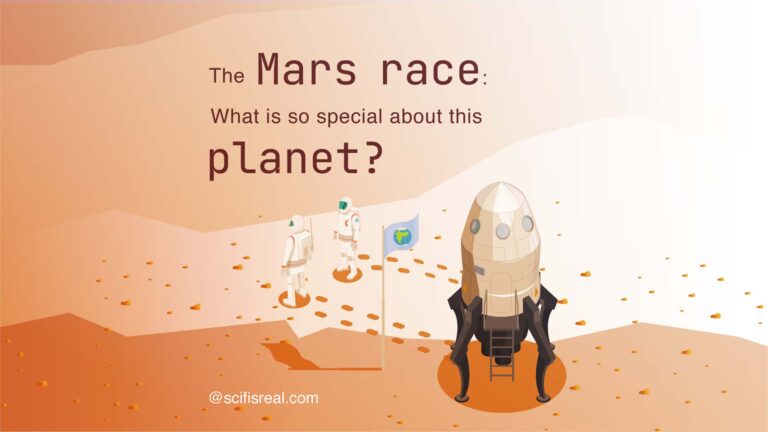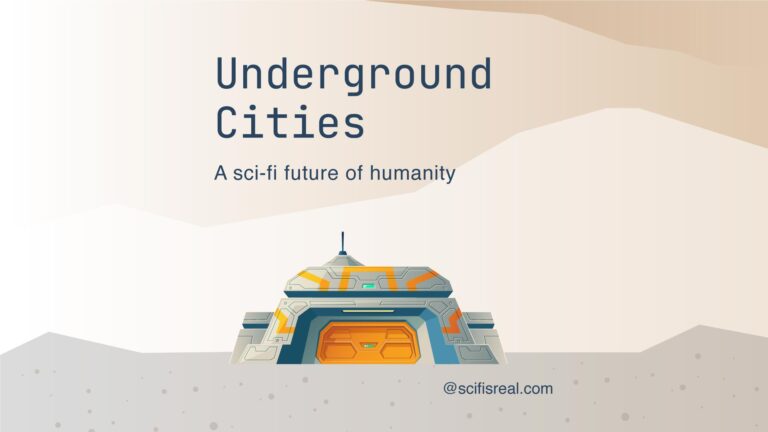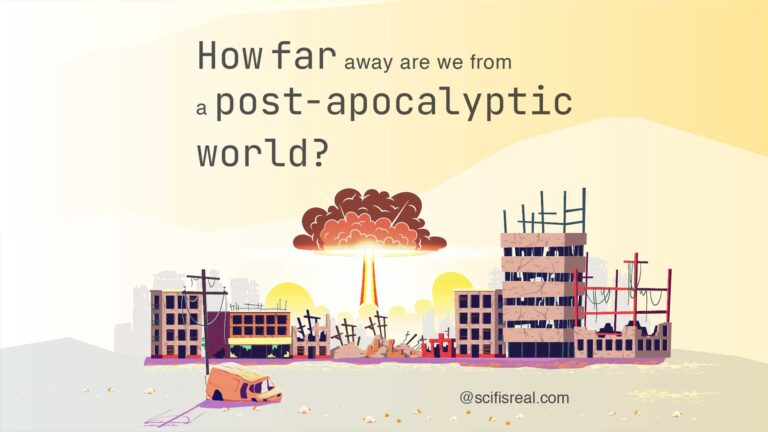The Mars race: what’s so special about this planet anyway?

The Mars race is a space exploration and colonization effort by various nations and private organizations with the aim of landing humans on Mars and establishing a permanent human presence on the planet. But why are such efforts targeting Mars?
The Mars race is not just a space exploration effort by a few nations or private organizations. It is an effort by all of humanity to explore and colonize space. The future of humanity depends on it. Why? The simple answer is that we need to find another place to live. The Earth is not going to be habitable forever. We need to find another planet to call home, and Mars is the most likely candidate.
What is so special about Mars anyway?
There are many reasons why Mars is seen as an attractive target for space colonization. For one, it is the only planet in our solar system that is similar in size and composition to Earth, making it a potentially habitable world for humans. Additionally, Mars has an atmosphere that can potentially be terraformed to make it more hospitable for human life. Finally, Mars is also rich in minerals and other resources that could be used to support a human settlement on the planet.
The future of humanity is closely tied to the success of the Mars race. If we are able to a permanent human presence on Mars, it would open up a whole new frontier for human and development. Additionally, it would also provide a backup option for humanity in the event Earth becomes uninhabitable due to problems like climate change or an asteroid collision.
There are many factors that make Mars an attractive target for space colonization. First and foremost, Mars is the most earth-like planet in our solar system. It has similar day length, seasonal changes, and temperature ranges to Earth. Mars also has water resources, though they are limited, and some evidence of past life.
Mars is also a relatively close planet to Earth. While space travel is still very expensive and time-consuming, it is much less so than it would be to another planet like Jupiter or Saturn. And finally, Mars has a very thin atmosphere, meaning that less energy would be needed to terraform the planet and make it habitable for humans.
All of these factors make Mars a very attractive target for space colonization. And while there are many challenges to overcome, such as the hostile environment and lack of resources, there is no doubt that Mars is a key player in the future of humanity.
So why Mars? Why choose this planet for space colonization?
There are a few reasons. First, Mars is the closest planet to Earth in terms of size and distance. This makes it a relatively easy target for space exploration missions. Second, Mars has a thin atmosphere and is rich in minerals, making it a good candidate for exploitation by future space colonists. Finally, Mars is believed to have once had water on its surface, meaning that it could potentially support life.
So what does the future hold for Mars? Only time will tell, but it is certainly an intriguing possibility for the future of humanity.
Could Mars sustain life?
Mars is a fascinating planet for many reasons, but one of its most intriguing features is the possibility that it could sustain life. Mars has all the right ingredients to support life as we know it: water, carbon, and energy. However, there is currently no known life on Mars.
So what would it take for Mars to support life? First, there must be a source of water. Water is essential for all known forms of life, and Mars has plenty of it in the form of ice. The next ingredient is carbon. Carbon is the key element in all known forms of life, and Mars has carbon in the form of carbon dioxide gas in its atmosphere.
The third and final ingredient for life is energy. Energy is necessary to power all the biochemical reactions that make up life. Mars has plenty of energy in the form of sunlight.
So, Mars has all the right ingredients to support life. But why isn’t there any known life on the planet? The answer may lie in the planet’s hostile environment. Mars is a very cold and dry place, and its atmosphere is very thin. This makes it difficult for life to get a foothold on the planet.
However, there is some hope that Mars could sustain life in the future. Scientists are working on ways to terraform Mars, or make it more Earth-like, in order to make it more hospitable for life. If we are successful in terraforming Mars, it could become a new home for humanity.
But how can we terraform Mars?
Terraforming is the process of making a planet more Earth-like. There are many ways to terraform Mars, but the most popular method is to release greenhouse gases into the atmosphere. Greenhouse gases trap heat, and by releasing them into the Martian atmosphere, we could warm up the planet and make it more habitable for life.
When can we expect to land humans on Mars?
There is no certain answer, but there are a number of space exploration missions currently underway with the aim of landing humans on Mars within the next few decades. These include NASA’s Orion space capsule and SpaceX’s Dragon space capsule, both of which are designed to transport astronauts to Mars.The timeline for when humans will actually be able to establish a permanent presence on Mars is still uncertain, but it is an exciting possibility for the future of space exploration.
How will space colonization of Mars affect the future of humanity?
The space colonization of Mars will have a profound impact on the future of humanity. It will open up a whole new frontier for human exploration and development, and provide a backup option for humanity in the event that Earth becomes uninhabitable. Additionally, it could help to solve problems like climate change and energy insecurity, as we would no longer be reliant on Earth for these things. The space colonization of Mars is an exciting prospect for the future of humanity, and one that we should all be excited about.
Mars colonization in Science Fiction
There are a number of science fiction stories that deal with the colonization of Mars. One of the most famous is Kim Stanley Robinson‘s “Mars” trilogy, which chronicles the first hundred years of human settlement on Mars. Other notable examples include Andy Weir‘s “The Martian“, which tells the story of an astronaut stranded on Mars, and “The Martian Chronicles” by American writer Ray Bradbury, which is set in a future where the colonization of Mars has led to a war between the two superpowers on Earth.
The space colonization of Mars is a popular topic in science fiction, and there are many stories that deal with this concept. Some of these stories are optimistic, depicting the colonization of Mars as a positive step for humanity. Others are more critical, showing the potential problems that could arise from space colonization. Either way, the space colonization of Mars is an exciting concept that has been explored in many different ways by science fiction authors.
How many years will it take to colonize Mars?
This is a difficult question to answer, as there are many factors that could affect the timeline for colonizing Mars. It will likely take many years, and possibly even decades, to establish a permanent human presence on Mars. However, it is an exciting prospect for the future of space exploration, and one that we should all be excited about.
What is the future of space colonization?
The future of space colonization is very exciting. There are many potential targets for colonization, including Mars, the moon, and asteroids. And there are many different ways to colonize these places, such as setting up permanent settlements or mining operations.
However, space colonization is still very expensive and difficult. There are many challenges to overcome, such as the hostile environment of space and the lack of resources. But if we are successful, space colonization could be a key step in the future of humanity.








